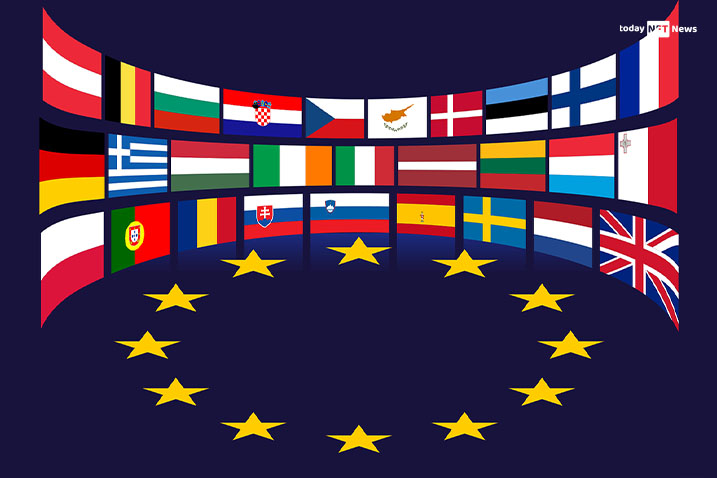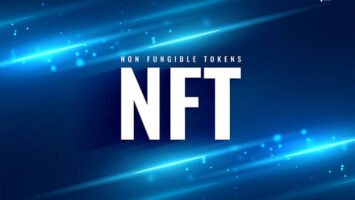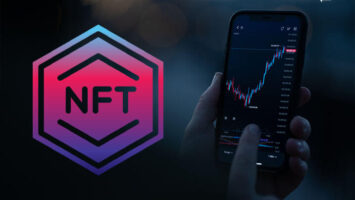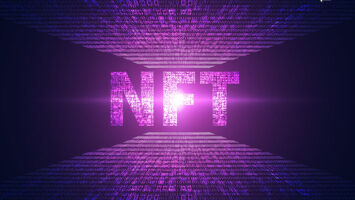SNEAK PEEK
- If lawmakers desire it, the executive branch of the European Union may enact additional non-fungible token laws.
- NFTs are covered by the EU’s Markets in Crypto Assets regulation (MiCA), which offers digital evidence of ownership.
- Eva Kaili, an EU lawmaker, announced she would be writing a fresh report for the parliament later at the same event.
If parliamentarians make a request, the European Union’s executive branch may issue more non-fungible token legislation, a bloc official said on Wednesday.
Peter Kerstens, chairman of the European Commission’s financial technology task force, mentioned the process by which members of the European Parliament select to express their opinions on a specific policy issue: “The parliament is working on a resolution on NFTs.”
NFTs, which provide digital proofs of ownership, are subject to the Markets in Crypto Assets law (MiCA) of the EU, however, the exact treatment of these tokens is unclear. However, according to Kerstens, a senior advisor at the commission department in charge of financial services, this ambiguity can open the way for more regulatory moves.
Although it is not required by law to do so, Kerstens remarked that “if there is a strong political indication or wish for an initiative, it may move the Commission towards offering it.” If we don’t do anything about it, we’ll have a lot of explaining to do, and I think the parliament will become dissatisfied. We dislike a dissatisfied legislature.
Later at the same gathering, EU legislator Eva Kaili declared she would be writing the new report for the parliament. She expressed a desire to steer clear of the controversy surrounding MiCA, which focuses on regulating specific businesses like crypto wallet providers.
NFTs are a more specialized offshoot of the all-encompassing development of blockchain technology, but according to reports, non-fungible tokens are subject to regulatory requirements in the EU that could make the region a center for digital assets.
The NFT Factory, which was established in Paris, is one of the biggest hubs to date. Within the 400-meter area, the project—hailed as “the cornerstone of Web3”—now houses a grouping of more than 50 important businesses.
The Greek left-wing legislator Kaili said, “We need to reconsider the regulatory approach and move towards establishing activity-based regulation… rather than an entity-based one for NFTs.
Crypto firms must register with the authorities, adhere to standards for consumer protection, and maintain financial stability under MiCA. Officials are concerned that, although NFTs purport to reflect items like artwork, they are nevertheless susceptible to abusive practices like price manipulation that affect more traditional financial markets.









